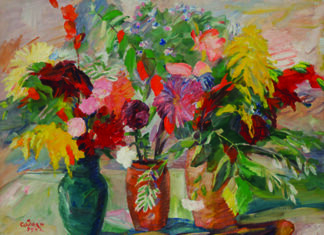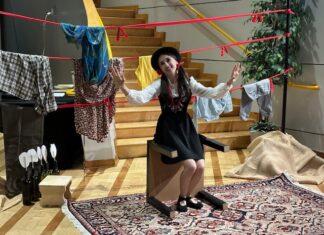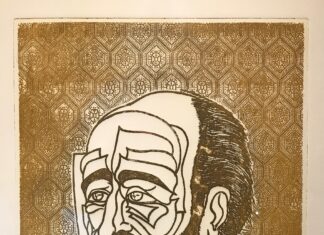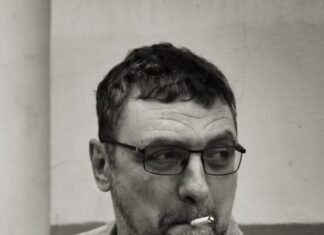By Aram Arkun
Mirror-Spectator Staff
NEW YORK — Jan Balakian, professor of English at Kean University in New Jersey, teaches and writes about literature, specializing in American drama. One of her screenplays was made into a movie, her essays about American plays appear in the Cambridge Companion series, and she has just published a trade book about the plays of playwright Wendy Wasserstein with Applause Cinema and Theatre Books. She also happens to be a member of the same Balakian family that has produced many Armenian intellectuals over the past few generations.
While she occasionally has had the opportunity to write her own plays, Balakian’s primary career and livelihood have been in academia: “Academic writing is analytical, while creative writing comes from the heart. In order to advance my academic career, I needed to do scholarship. Now that I’ve finished a scholarly book, I’d like to try my hand at some creative work. I hope that I can write something that resonates with peoples’ lives.”
In the classroom, there is the thrill every year of watching some students take off: “The most exciting part about teaching are those class discussions where the students are on fire. It happens with Ibsen’s ‘A Doll’s House,’ Miller’s ‘[Death of a] Salesman’ and August Wilson’s ‘Fences.’ It does not happen often, but when it does, it’s exhilarating.”
Furthermore, Balakian found a subject that she loves — modern American drama: “In graduate school, I was amazed that academics did not regard American plays as worthy of study as they did the novel and poetry. After all, a dramatic text begins with words on a page which become a social event when performed. It’s really an amazing thing — everyone sitting together in the dark to watch a story unfold.”
She has interviewed and written about Arthur Miller, Wendy Wasserstein and Eugène Ionesco (while studying in Paris her junior year in college) and has written about the plays of Tennessee Williams, situating their plays in cultural context.









